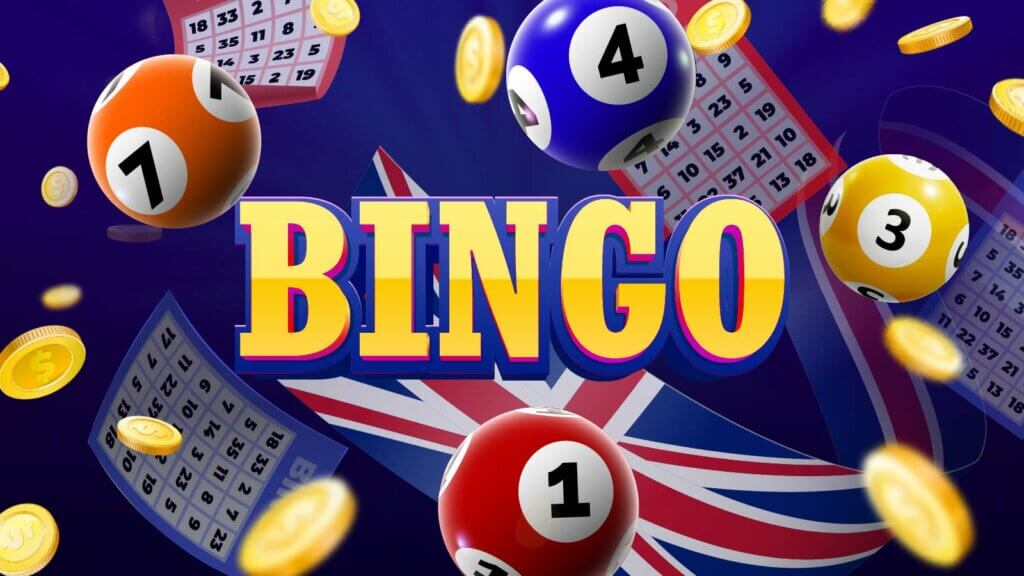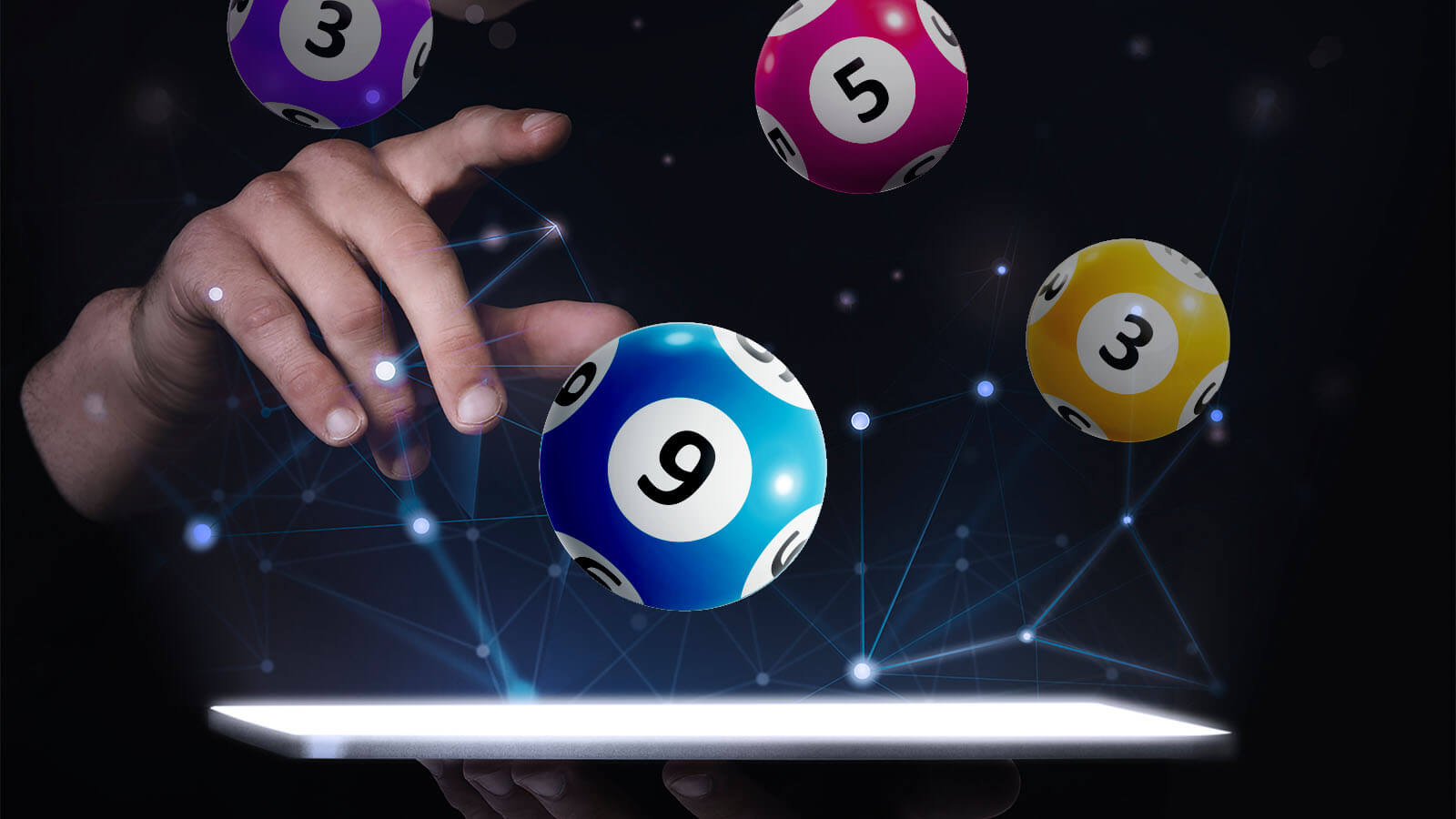The History Of Bingo Online And Its Evolution
KingCasinoBonus receives money from casino operators every time someone clicks on our links, influencing product placement. The compensation we receive does not impact our recommendation, advice, reviews and analysis in any way. Our content will always remain objective, independent, straightforward, and free from bias.

Did you know a recent survey found that 37% of players struggle to win at online bingo sites compared to in-person? Master the modern bingo revolution with this guide to the evolution of bingo from halls to web play.
We’ll explore the history of real-world bingo over centuries and how the magic transitioned online. With an insider’s view of online bingo’s development, you can take full advantage of features tailored for winning big from home.
Let’s demystify the digital bingo boom and raise those virtual victory odds!
On this page
When Did the History of Bingo Begin?
The Italian Renaissance gifted many wonders to humanity, and bingo tops the list of inventions originating in the 16th century.
Historians are confident that the modern bingo game traces its origins to the Apennines peninsula, where it was played in a more conventional lotto format.
Merchants brought the game to neighbouring states. It first appeared in France in the 17th century, from where it was later picked up by the British Isles and Germany.
For a long time, the game was called lotto and remained in the domain of the aristocracy. The situation changed significantly in the 1920s when it started to gain a following in North American fairs.
The person credited for the modern version of bingo is salesman Edwin S. Lowe, who recognised the potential and patented bingo in the 1940s. Two decades later, the now codified game, officially named bingo, started gaining traction on UK soil, where people were enthusiastic about embracing the game as their favourite pastime.
Bingo Card – An Overview of the Traditional Bingo Patterns
The bingo game has mostly stayed the same over the centuries. Yet, there are variations of the original concept, something evident in the design of the bingo card.
The UK standard game involves 75-ball Bingo with a grid system of 5×5, while the U.S. format of 90-ball bingo with a 9×3 grid.
The bingo card contains numbers arranged in columns, and on top of the card, Bingo is written, with each letter in the word corresponding to a single column.
Each number can appear only once on the card.
Bingo Rules Back in the Day
Bingo survived the test of time for four centuries, retaining its core rules essentially unchanged. The original premise of bingo rules was for players to mark off numbers on their scorecards, which were printed with predetermined number sequences.
Once the game started, randomly drawn numbers got called out until one player achieved a winning combination of bingo numbers in a vertical, diagonal, or horizontal sequence.
Once you land on a winning combo, you must call out bingo, signalling that you’ve won the round.
In traditional bingo halls, players used chips to cover the numbered squares on their bingo tickets. This method is still used in some bingo halls, but in the past, it served the practical purpose of making the cards reusable for other rounds.
Bingo Numbers Deemed Lucky Then and Now
Games of chance are full of superstition, and bingo is no exception. Many players believe that specific bingo numbers are luckier than others, and research data show that some numbers frequently appear.
Studies have discovered that 4 and 6 are most commonly called bingo numbers. Other numbers that turn up regularly are 42, 47, 51, 57, 62, 64, 72, and 81.
Despite what the statistical analysis reveals, most people believe that 7 is a lucky bingo number, and 11 is included in the mix. However, 13 retains the perception as an unlucky bingo number.
Some players feel more confident choosing a birthday or another personal date as their lucky numbers. Regardless, selecting a number with personal significance will not directly influence the game’s outcome.
Bingo Sayings to Remember
Like any other game, bingo is full of slang, mastered only by devoted players. For most players, bingo is the only term they need to know.
Although back in the day, it was beano, which transformed into bingo.
Bingo sayings are fun, and various bingo calls have been devised over the years. Also, every number has its call, but some more popular calls include Kelly’s Eye for 1, Knock at the Door for 4, It’s a Bullseye! for 50, Old Age Pension for 65 and Dancing Queen for 17.
Some calls come and go, while others cement their place. Bingo calls change with modern references overtaking older terms. Plus, as different types of bingo emerge, the bingo lingo expands.
Bingo Sites – The Mark of a New Era
Technology is shaping every aspect of modern life, and Bingo is not immune to the wave of digitalisation.
Online casinos recognise the game’s appeal and offer bingo in its traditional format or tweak it to fit modern standards.
The bingo site experience diverges from the typical communal setting but provides the convenience of playing from home or on the go.
Most players have embraced new bingo sites, especially among the younger generations, benefiting from emerging trends such as virtual reality and crypto payments.
Bingo Rules and Regulations in the Modern-Day Scenario
Although, on the surface, the rules are similar between modern and traditional bingo, there is a lot more diversity in bingo online.
Unlike the physical drawing of numbers, in bingo online, the numbers are generated by an RNG system. Players benefit from an automated process of marking numbers, making it possible to play several bingo tickets simultaneously on bingo sites. Bettors also have several payment options like Pay by Phone Bingo and PayPal bingo banking variants.
In the UK, bingo online is regulated by the UKGC, which licences bingo sites and provides players with secure gambling environments.
On some platforms, players can select their numbers or make specific wagers on the numbers. They can also benefit from many bingo bonuses and offers, with some of the most common promotions being first deposit bonuses, such as 5 deposit bingo bonuses, 10 deposit bingo bonuses, and free bingo no deposit promotions.
From time to time, players may even come across bingo no wagering bonuses, which allow users to withdraw their earnings without having to play them before.
Modern Bingo Says and How They Changed Over Time
In the 21st century, they brought new bingo calls adequate for current circumstances, displacing traditional ones.
For example, number 1 got identified with One Direction, a popular band, while number 9 is now Selfie Time. Moreover, the code name for number 56 is Chill with Netflix.
The vocabulary changes often, but the keyword a bingo caller is still in tune with is Bingo. When a player yells out that word, everybody in the bingo hall instantly knows there is a winner.
Yet, in bingo online, there is no need for bingo sayings.
What Does the Future Hold for UK Bingo?

The trajectory for bingo online in the UK is skyrocketing. While the common belief is that growth is at the expense of traditional bingo, the predictions are equally favourable.
Both have their advantages and different target demographic groups.
Bingo sites attract younger players preferring mobile gaming and more unique versions of bingo. Additionally, players can often come across slingo sites or bingo sites with slots bonuses, which target a larger audience than bingo halls.
On the other side, elderly players are sticking with bingo halls, which enable them to socialise and improve their memory and mobility.
Bingo online is the future, with VR technology bridging the social aspect, previously lacking on bingo sites, while crypto and mobile compatibility offer a more comprehensive bingo experience.
FAQ
Who Invented the Game of Bingo?
The bingo history facts reveal that the game was invented in Italy in the 16th century, where it was very similar to the present form of the lotto.
As it spread through Europe, it got modified, with each country adding its twist but retaining the core concept.
When Did Bingo Start in the UK?
Bingo arrived on the British shore in the 1800s, although lotteries have been played in British cities since the 16 century, making the population ready to accept the new game.
What was Bingo Previously Known as?
What was the original name of bingo? It was simply lotto. In the UK, it was initially known as Housey-Housey, while in the USA, it was called Beano until, for still unknown reasons, it got altered into Bingo.